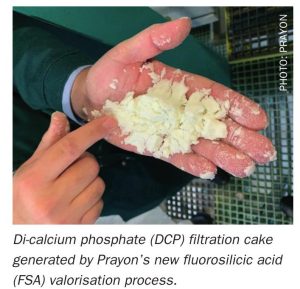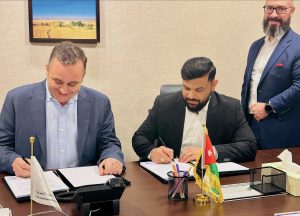
Sino-Egyptian phosphate cooperation deal
Egypt’s Mineral Resources and Mining Industries Authority (MRMIA) has signed a memorandum of understanding with China’s Asia-Potash International Investment (Guangzhou) Co., Ltd. The MoU is designed to strengthen joint cooperation in exploring and assessing phosphate ore reserves. The objective is to maximise the added value of this crucial resource.





